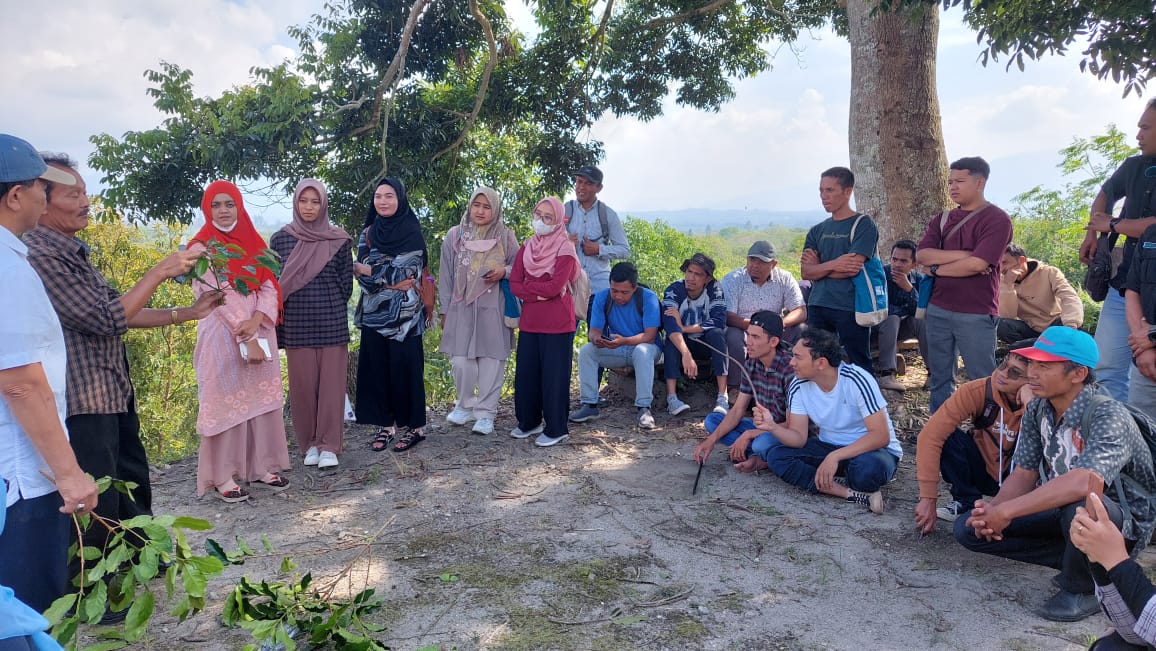
Climate change is a real threat to the environment and livelihood sustainability for coffee farmers around the world, including for the arabica coffee producers in the Gayo Highland of Aceh province in Indonesia where 21 Fairtrade-certified coffee producer organizations are located. Here coffee is one of the leading agricultural commodities with production reaching in 65,831 tonnes from 102,860 hectares area in Bener Meriah and Aceh Tengah Districts where the climate and temperature are ideal for coffee production where majority of the population works in the coffee sector.
To understand the impact of climate change on coffee farming in the Aceh Region and to propose climate-responsive activities and training to coffee producers to help them build their resilience and mitigate the effect of climate change, a study was conducted by Fairtrade NAPP, via a triangulation approach of Focus group discussion (FGD), Interviews, and Meteorological and scientific data. This project is supported under the Fairtrade Coffee Development Plan in collaboration with Max Havelaar Switzerland, and our implementing partners from Center for Aceh Coffee and Cocoa Research of University of Syiah Kuala in Indonesia.
28 farmer members of Fairtrade producer organisations were consulted via 02 focused group discussions in each of the two districts along with interviews of 9 local experts , who were identified based on their position to the decision-making process and expertise. Secondary data resources were collected from various resources, including government statistics, and significant existing literature were reviewed.
As per the findings of the group discussion:
- The participants and experts have observed changing weather patterns, temperature, and rainfall as significant indications of changing climate aspects. The temperature and rainfall have increased in the last decades. Rainfall patterns are becoming unpredictable, both in timing, intensity, and volume which leads to greater uncertainty.
- The farmer’s perceptions of increasing temperature and rainfall are in line with climatic data records. The climatic data from Meteorological Agency during 1940 – 2009 shows a 2.62 degrees of temperature increase in the area of Gayo Highland
- The participants and experts claimed that the mismatch of coffee farming cycle and weather pattern has directly affected the productivity and quality of the coffee, while the increase in temperature has triggered the spread of pests and diseases, destroying crops and harvest. This complex situation in general threatens the livelihood of smallholder coffee farming families in the Gayo Highland.
- The farmers have developed their own mechanisms in facing the impact of climate change including changes in agricultural practices and adopting new commodities (like durian). However, many of them lack access to technical and financial support to cope and adapt to climate change more effectively.
From this rapid assessment, it can be concluded that the present and ongoing impact of climate change potentially threatens coffee production and its sustainability in Aceh Tengah and Bener Meriah. This reflects that their livelihoods in general are seriously affected and can potentially lead to a more serious impact on their family welfare.
In this rain-fed coffee farming area, climate change is affecting smallholder coffee producers at an alarming level. Rising temperatures, erratic and extreme rainfall, strong wind, prolonged drought, water shortage, changing weather patterns, and changes in seasons have a strong impact on coffee farming and farmers’ households. Loss of harvest, death of coffee trees, increase and new pest invasion posing threat to the quality of the coffee bean and significant drop of yields.
This leaves the farmers with the option to either adapt and mitigate the risk to sustain coffee farming as their livelihood or to succumb and look for other livelihood options. This also poses potential threats to coffee sustainability, which can not only affect the coffee farmers but also all the actors involved in the entire supply chain. Hence, this situation must be anticipated, and farmers should not be left alone.
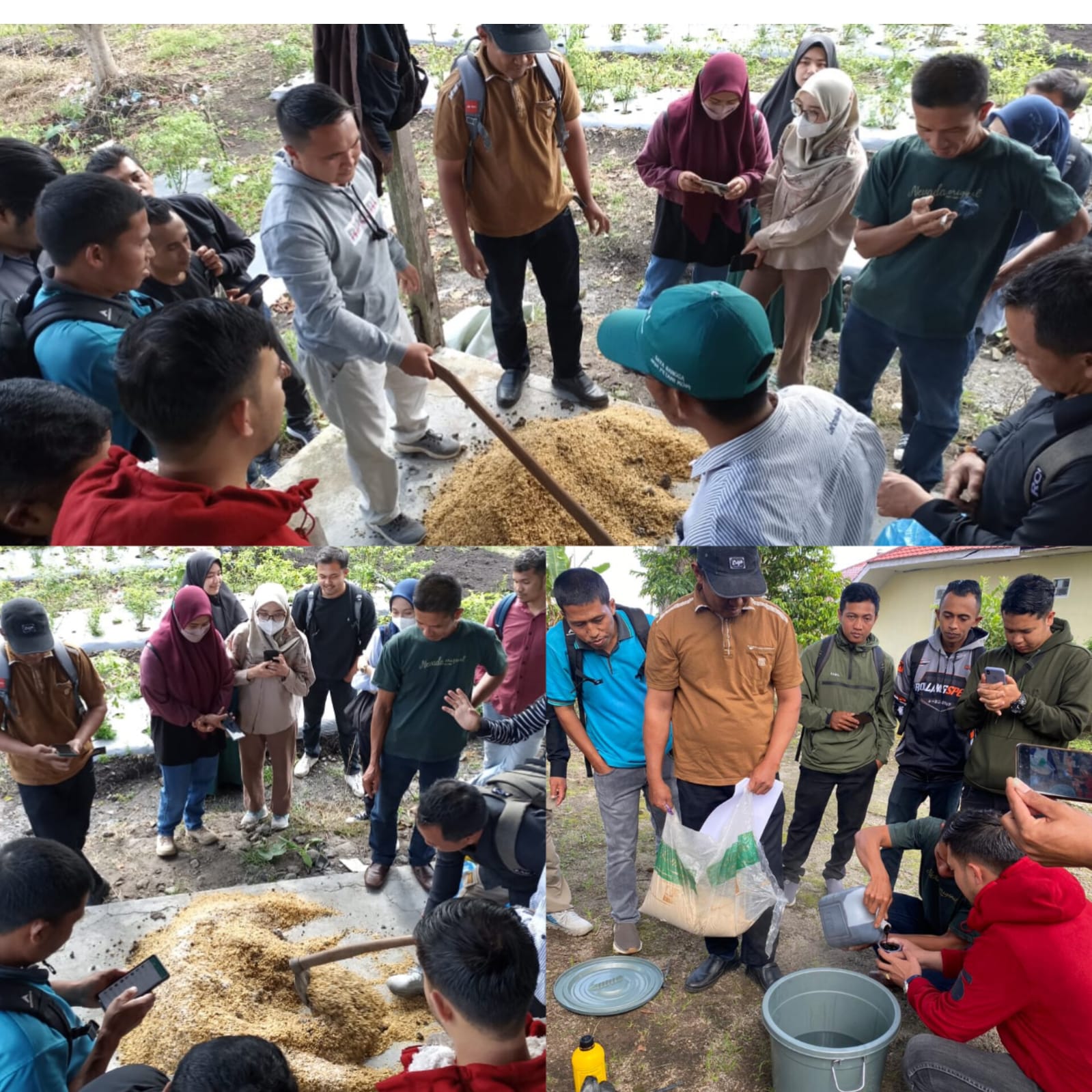
The research confirms the need for sufficient efforts to strengthen farmers’ responses to climate change adaptation and risk mitigation at the farm level. The key supports needed by the smallholders are identified as follows:
– Transfer of knowledge and skills on adaptation and mitigation mechanisms applicable to the rural context that can be effectively adopted by smallholders.
– Farmers should not be left on their own in dealing with the impact of climate change. Stakeholders, including research institution, local government institutions, community-based organization, and the nongovernmental organization shall provide supports that are relevant to the farmers’ needs and in line with their respective organizations’ goals and mandates.
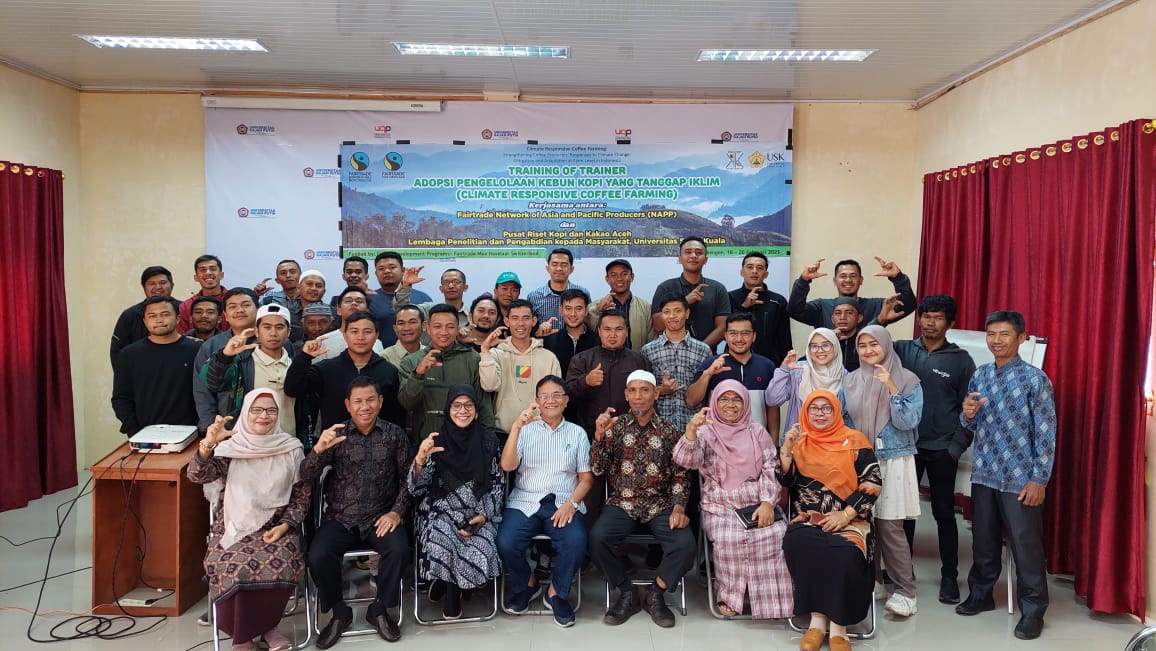
In Indonesia, the Coffee Development Plan, small producer organisations are being supported with a focus on the empowerment of young farmers in the Gayo Highland to develop climate change adaptation and risk mitigation strategies in coffee farming. The project will benefit 10 coffee producer organizations, with about 500 smallholder households (25% women).
03 Training of Trainers on Climate responsive coffee farming was organised by Fairtrade NAPP for 16 coffee producer organisations.
32 managements and farmers have been trained by the facilitators from the University of Syiah Kuala, Indonesia on:-
- Climate-responsive coffee farming
- Coffee nursery management and
- Land and water conservation, organic fertilizer production, and the uses of GPS camera.
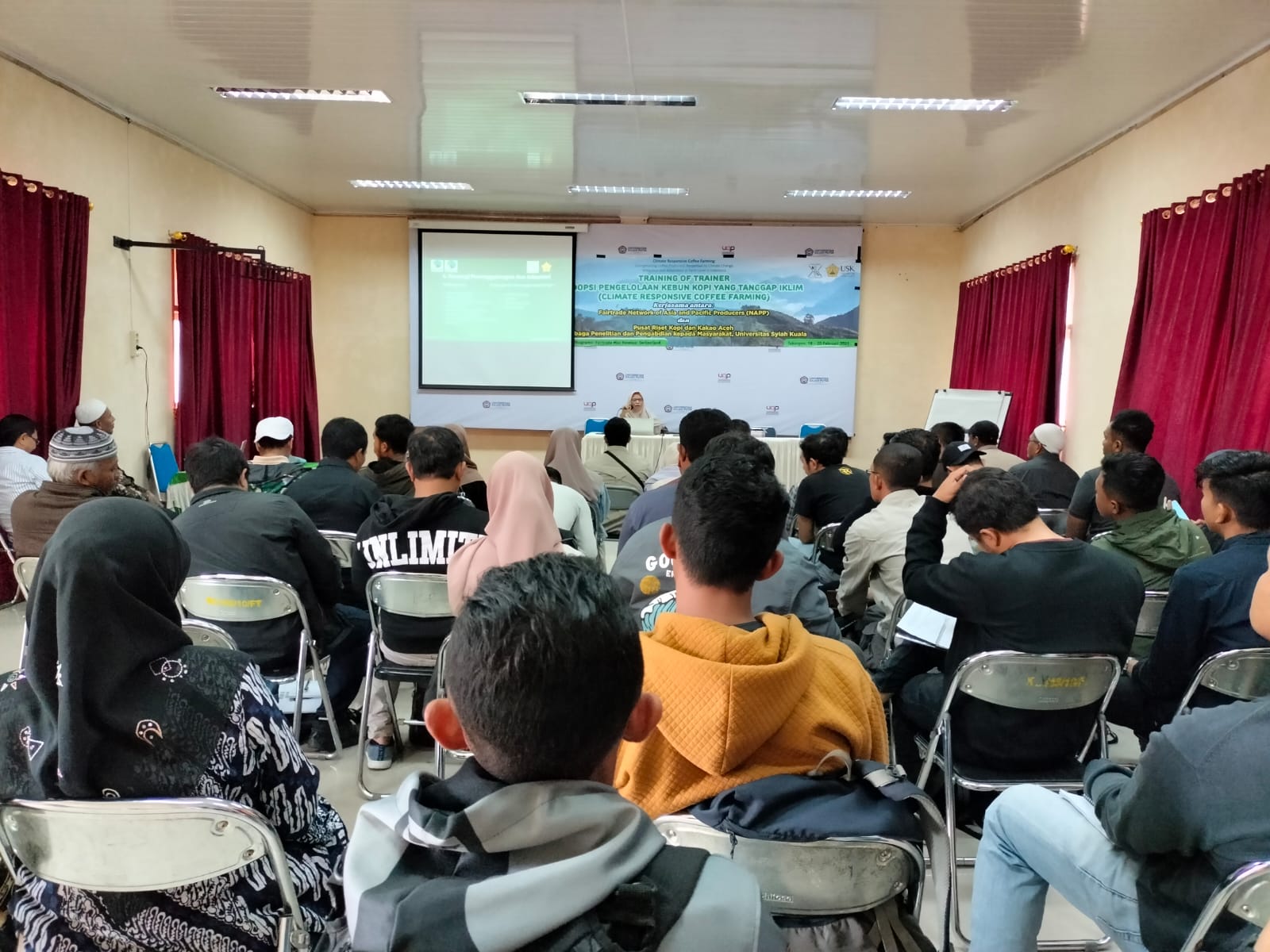
Post the training the participants have gained a understanding of the concept of Climate changes, adoption of climate-responsive innovation in nursery management and changing in land suitability for coffee farming and replanting.
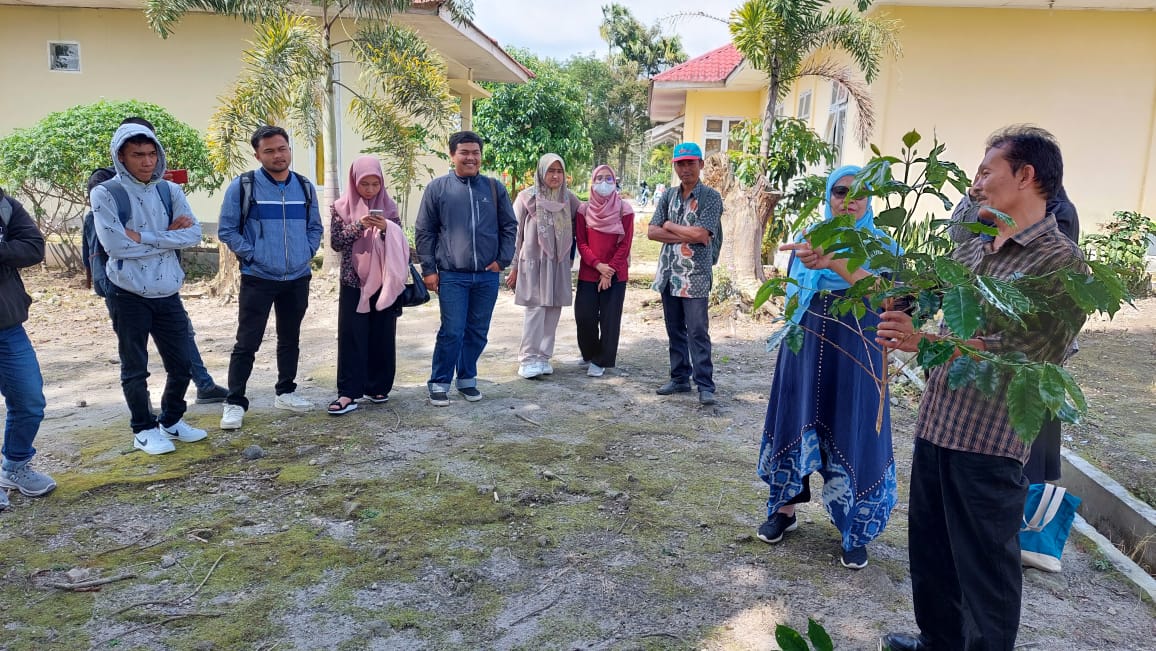
It is important for farmers to receive sufficient information about climate change and potential adaptation and risk mitigation mechanisms. As the climate change poses a potential risk to the lives and livelihood of coffee farmers, it is important them to receive sufficient information about climate change and potential adaptation and risk mitigation mechanisms. It is important for stakeholders to play their roles and perform their responsibilities in supporting smallholders in adopting resilience and risk mitigation measures.




